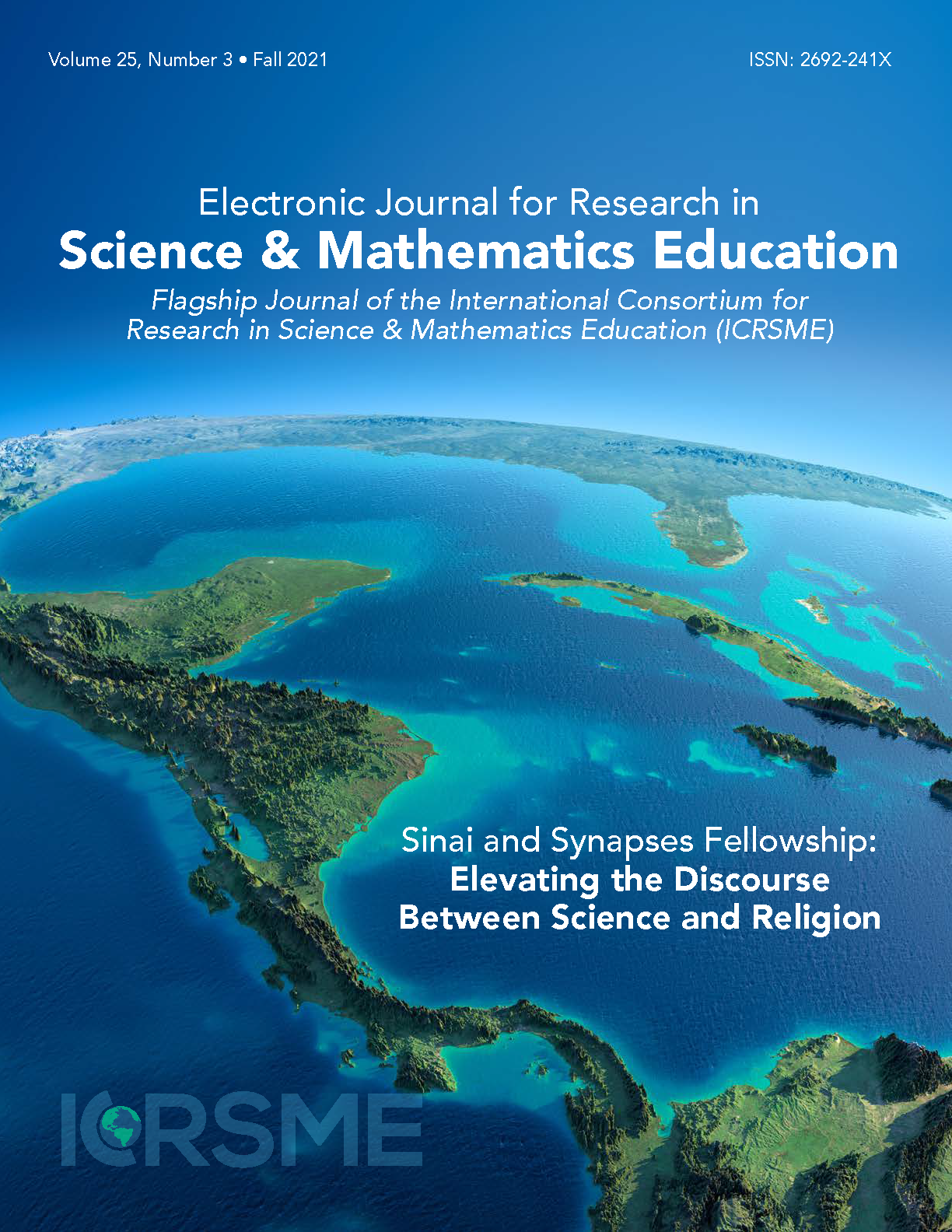Sustainability for Secular and Spiritual Groups A Framework from University and Community Education
Main Article Content
Abstract
Abstract:
Education around the concept of sustainability, encompassing the environment, economy, and society, presents challenges of context among diverse groups. I present a framework for sustainability education based on experience with educating secular groups in a university context and educating spiritual groups in a community context. This sustainability education framework highlights three drivers for student learning: passion, experience, and uncertainty. Examples from education of secular and spiritual groups illustrate the importance of projects, challenges, and dialogue. Sustainability education can reveal common ground between science and religion.
Keywords: Science and religion, sustainability, university education, community education
Editors' Comments:
Ashlynn S. Stillwell, Ph.D. in Civil Engineering (2017-2019 Fellow) is an Associate Professor and the Elaine F. and William J. Hall Excellence Faculty Scholar in Civil and Environmental Engineering at the University of Illinois at Urbana-Champaign. In this article, she shares a framework for sustainable education that is suited for both secular and spiritual groups. Considering the existential threat of climate change, along with the growing scientific skepticism among religious groups, there has never been a greater need for effective education for sustainability. Her focus on passion, experience, and uncertainty provides a different perspective on how science educators can connect with students.
Acknowledgements: (at end of manuscript)
Inspiration for this work came from engaging in dialogue through the Sinai and Synapses Fellowship (2017-2019), supported in part by the Issachar Fund. The university sustainability education components of this work are based on efforts funded by the National Science Foundation, grant CBET-1847404; the opinions, findings, and conclusions or recommendations expressed here at those of the author and do not necessarily reflect the views of the National Science Foundation.
Thanks to the Faith in Place Staff and Board of Directors for their continued work with diverse people of all faiths sharing the commitment to care for the Earth. Additional thanks to my former students in CEE 340: Energy and Global Environment at the University of Illinois at Urbana-Champaign for their engagement in learning about sustainability; I am grateful for the many lessons I learned from them.
Article Details
© 2025 Electronic Journal for Research in Science & Mathematics Education (EJRSME)
